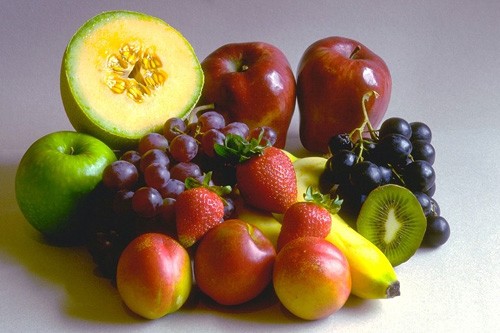 If runners’ diets seem strange to most folks, that’s because most people don’t eat as most nutritionists advise. That’s another way of saying that the best diet for runners is the one that everyone should eat. This diet should be low in fat and include a moderate amount of lean, high-quality protein; the majority of calories should come from carbohydrates, especially in the form of fresh fruits and vegetables and whole grains. More than sedentary people, runners gravitate toward this type of diet because it makes them feel better.
If runners’ diets seem strange to most folks, that’s because most people don’t eat as most nutritionists advise. That’s another way of saying that the best diet for runners is the one that everyone should eat. This diet should be low in fat and include a moderate amount of lean, high-quality protein; the majority of calories should come from carbohydrates, especially in the form of fresh fruits and vegetables and whole grains. More than sedentary people, runners gravitate toward this type of diet because it makes them feel better.As you become fitter, you become more in touch with your body and with how it feels when you put certain things in it.
I mean this both in the short term—those slices of bacon just don’t seem to taste as good right after a morning run—and long term, as you learn how some foods fuel your running better than others. Although your diet is important to your overall health, it’s not the key to your running; your training is. No amount of dietary manipulation is going to make up for miles logged. A good diet is important because it will allow you to get the most out of your running, not because it’s going to make you a better runner.
That statement may seem as though I’m splitting hairs, but I’m not. I’ve heard a lot of runners before races talk about how they’ve been eating such and such and not eating such and such, so they know that they’ll do well in the race. Then I hear how much they’ve been running (usually not much), and it’s obvious that they think they can eat their way to peak performance.
That’s a classic American belief—if we just take the right pill, we can avoid having to do the real work—but a unfounded one. A bad diet will probably get in the way of your running, but the most that a good diet will do for you is allow you to reap the results of the training that you do. That said, let’s look at the three main sources of calories in everyone’s diet: carbohydrates, protein, and fat.

No comments:
Post a Comment